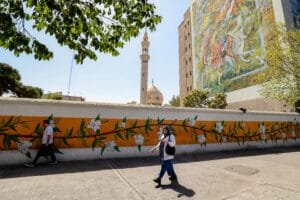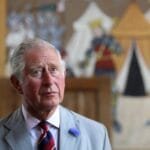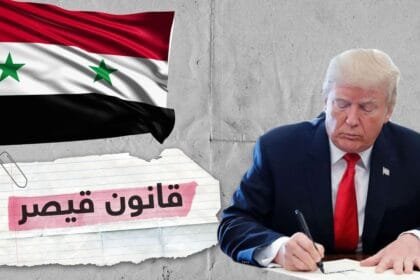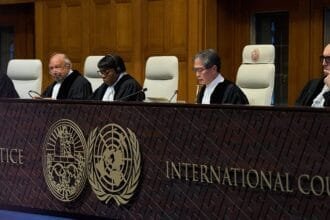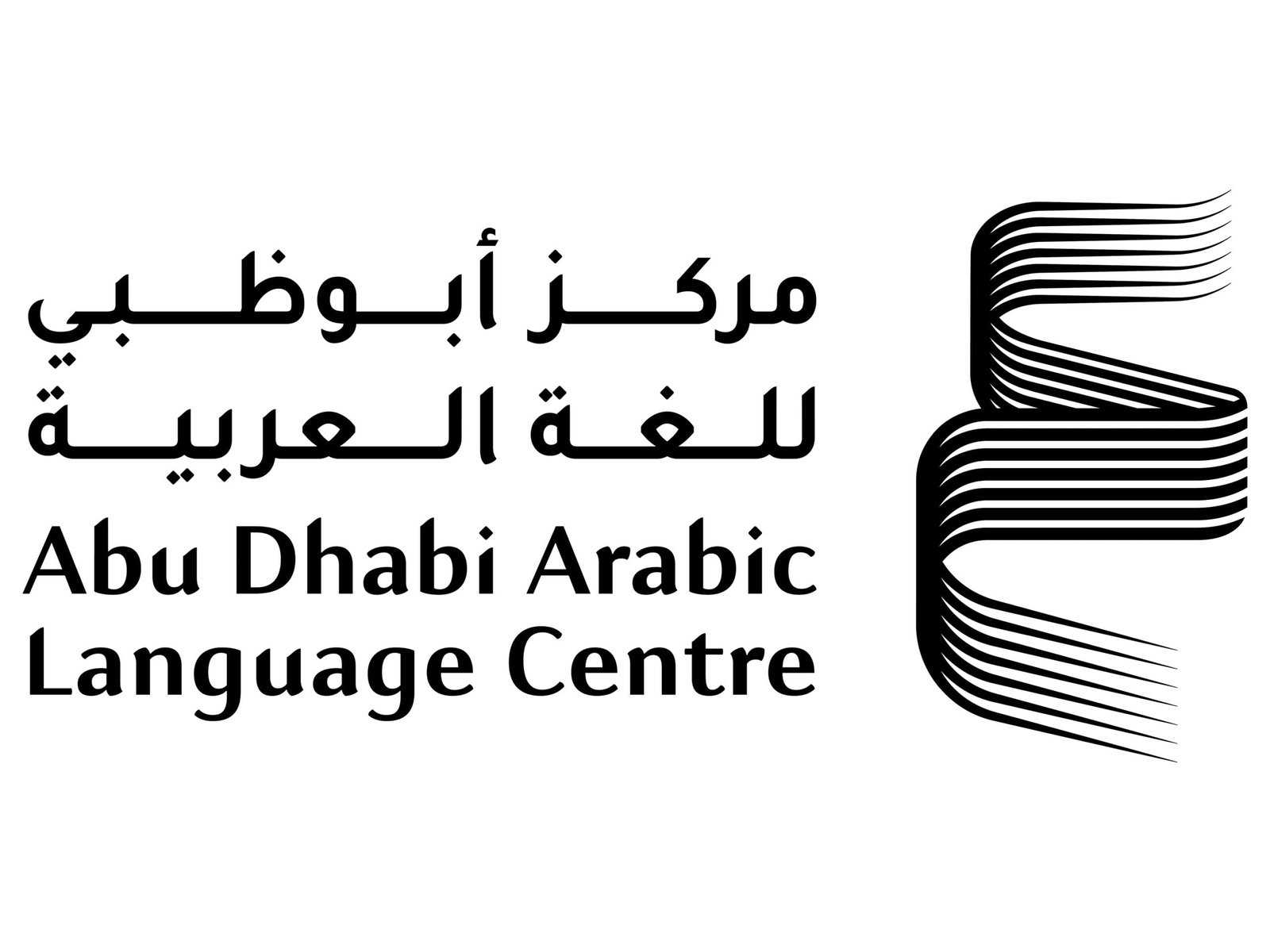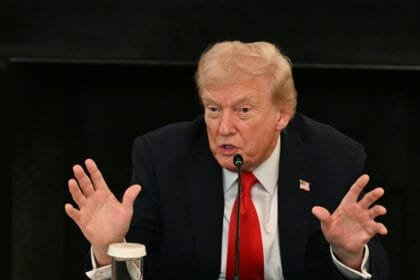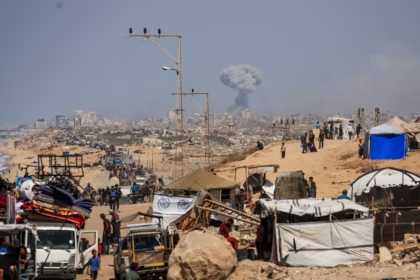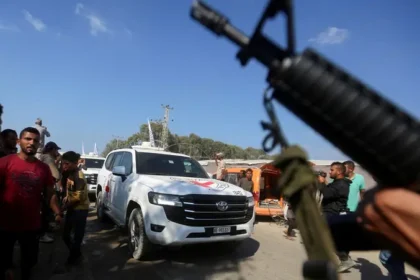UAE – The United Arab Emirates continues to strengthen its economic presence on the African continent, becoming one of the largest foreign investors after the European Union and China. It invests in vital sectors including energy, minerals, infrastructure, and logistics, according to a recent report by FT Locations.
Between 2019 and 2023, Emirati companies announced projects worth $110 billion in Africa. Of this amount, $72 billion was allocated to renewable energy projects. This is a clear indication of the strategic shift toward green, long-term investments. These investments support the continent’s energy transition and electricity grid expansion efforts.
UAE investments span more than 42 African countries, spanning solar energy, technology, and communications. This fosters job creation and improves living conditions for millions of Africans.
Dubai and Abu Dhabi at the forefront of expansion
Major Emirati companies, led by DP World, Abu Dhabi Ports, and International Holding Company (IHC), have emerged as key drivers of this growing economic presence.
DP World has operated six African ports since 2006 and plans to build two new ones.
Abu Dhabi Ports has been managing the port of Kamsar in Guinea since 2013 and has recently expanded its operations to Egypt, Congo, and Angola.
Emirates also operates flights to 20 African countries, enhancing trade and tourism ties between the two sides.
Strategic investments in mining and energy
The mining sector has witnessed a significant increase in Emirati investments. Most notable was the $1.1 billion acquisition by International Resource Holdings (IRH) of a 51% stake in the Mopani Copper Mines in Zambia, outperforming competitors from China and South Africa.
The company has gained the trust of the Zambian side due to its commitment to job preservation and long-term investments, making it the preferred partner of the Lusaka authorities.
In the energy sector, the UAE has launched several major clean energy projects, most notably:
Masdar commits to investing $2 billion in renewable energy projects in Africa by 2030.
Green hydrogen projects in Mauritania.
XRG, ADNOC’s international arm, has entered Mozambique’s gas sector. It has acquired a 10% stake in the Area 4 concession in the offshore Rovuma Basin, one of the world’s largest natural gas reserves.
Exportable infrastructure
Many African countries view the UAE as a strategic partner to share their expertise in infrastructure development. According to estimates by the African Development Bank, the continent needs $130–170 billion annually to bridge the infrastructure gap. Meanwhile, the UAE ranked fourth globally in terms of infrastructure quality, according to the World Economic Forum’s 2023 report.
Carlos Lopes, a professor of public policy at the University of Cape Town, believes the UAE’s growing role in Africa reflects a “shift in global economic dynamics.” Middle powers like the UAE are now assuming economic roles traditionally dominated by donor countries or China.
Renewable energy at the heart of the partnership
As Africa strives to provide electricity to the approximately 600 million people who lack it, renewable energy is a key area of cooperation between the UAE and the continent. Data from the International Renewable Energy Agency indicates that the Middle East, led by the UAE, is experiencing one of the fastest growth rates in this sector after China.
The Africa Debate event, held in Dubai in October 2024, provided an important platform to showcase opportunities for UAE-Africa cooperation. The UAE expressed interest in investing in sectors ranging from technology and health to minerals and financial services.
The UAE is an indispensable economic partner.
Thanks to strategic alliances, an ambitious development vision, and advanced technical expertise, the UAE has succeeded in consolidating its position as a preferred economic partner for many African countries. According to observers, its role on the continent is no longer limited to financing or contracting. Rather, it extends to building equal partnerships based on mutual interests and promoting stability and sustainable development.
At a time when Africa is reshaping its economic alliances, the road to the future now appears to pass—at least in part—through Abu Dhabi and Dubai.







